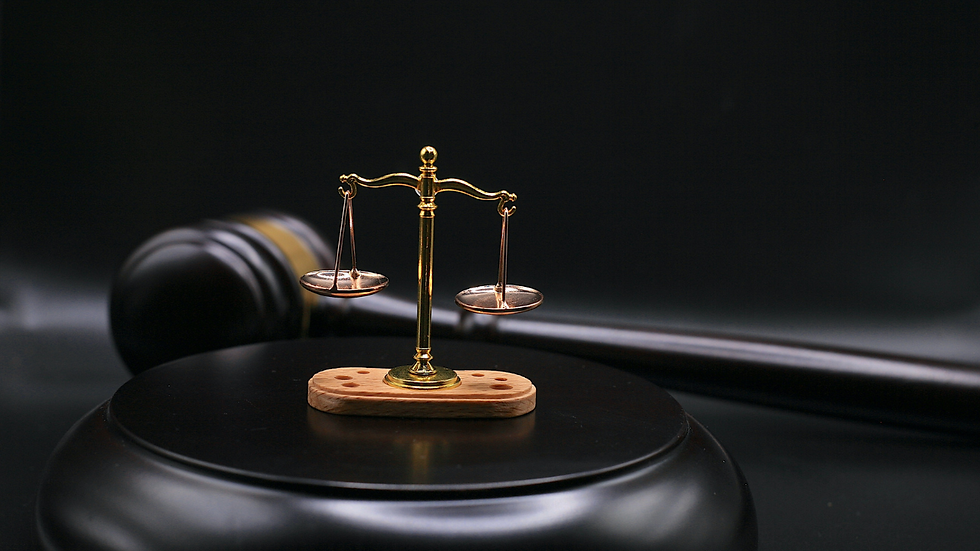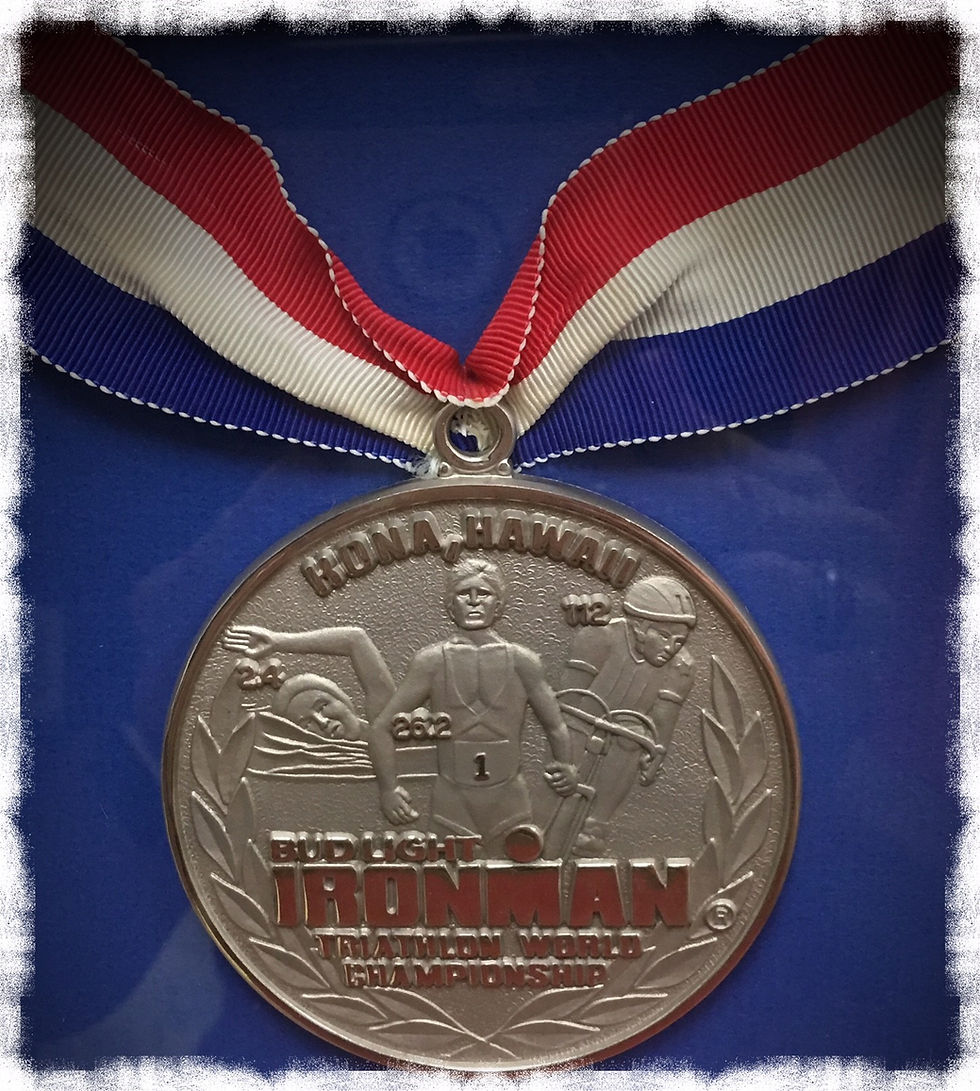Proving Mild Traumatic Brain Injury (MTBI) Part III: Admitting Evidence at Trial©
- Richard L. Duquette
- Mar 8, 2017
- 4 min read
Updated: Jul 4, 2023

Proving Mild Traumatic Brain Injury (MTBI) Part III: Admitting Evidence at Trial©
By: Richard L. Duquette, Esq.
When bicyclists are involved in crashes, they can receive a variety of injuries ranging from scrapes and bruises, to broken bones and soft tissue damage, to traumatic brain injuries (TBI). This series of articles discuss the diagnostic tools available for proving a mild traumatic brain injury (MTBI). MTBI can increase the value of a personal injury settlement by $100,000 or more, because of the permanent lifestyle changes it causes.
Part 1 discussed common field diagnostic tools and the various imaging technologies available. Part 2 discussed ways of proving lifestyle effects. Part 3 now explains the various evidentiary issues common to TBI cases.
ADMITTING DIAGNOSTIC EVIDENCE AT TRIAL
Any case with a lot of money at stake will involve a significant amount of expert testimony. Brain injuries are no exception to this rule. The plaintiff will generally line up treating physicians, including neurologists, neuro-radiologists, the plaintiff's primary care physician, neuropsychologists, and more. The defense also has a right to have its doctors examine the plaintiff, review medical records, and review reports, images, and test results. They will call their own experts to attack the methodology of the treating physicians and their diagnoses, and do everything they can to minimize the extent of the damages.
In some cases, evidentiary disputes will ensue. Most of the types of diagnostic tools outlined in the previous posts in this series are widely accepted and non-controversial. But every now and then expert opinion testimony based on specialized scientific knowledge is challenged as inadmissible.
The legal standard for admitting expert scientific testimony comes from the Evidence Code and the case law. The requirement of the Evidence Code is that the opinion be:
(a) Related to a subject that is sufficiently beyond common experience that the opinion of an expert would assist the trier of fact; and
(b) Based on matter (including his special knowledge, skill, experience, training, and education) perceived by or personally known to the witness or made known to him at or before the hearing, whether or not admissible, that is of a type that reasonably may be relied upon by an expert in forming an opinion upon the subject to which his testimony relates, unless an expert is precluded by law from using such matter as a basis for his opinion. (Evidence Code §801).
This is analogous to the Federal Rule of Evidence on the same subject (Fed. R. Evid. 702), which states:
A witness who is qualified as an expert by knowledge, skill, experience, training, or education may testify in the form of an opinion or otherwise if:
(a) the expert's scientific, technical, or other specialized knowledge will help the trier of fact to understand the evidence or to determine a fact in issue;
(b) the testimony is based on sufficient facts or data;
(c) the testimony is the product of reliable principles and methods; and
(d) the expert has reliably applied the principles and methods to the facts of the case.
In any given case, new methodologies or technologies may arise. It is the court's job to apply the above principles to determine whether a specific method satisfies these standards. The courts have thus adopted some principles for evaluating novel or controversial methods to determine whether they are properly admitted as expert testimony. The case law derives at the Federal level from a case called Daubert v. Merrell Dow Pharmaceuticals, (1993) 509 U.S. 579, and at the state level from a case known as People v. Kelly (1976) 17 Cal.3d. 24.
To admit a novel scientific method, the proponent of the evidence must show:
That the reliability of the new technique has gained general acceptance in the relevant scientific community,
That the expert testifying to that effect is qualified to do so, and
That the correct scientific procedures were used in the particular case.
The first prong is often met by showing that the relevant technique has been subjected to peer review or testing. This does not have to mean that the methodology is beyond all criticism or is accepted as perfect. All that must be shown is that it is generally accepted as useful within the limits of what it purports to demonstrate.
The second prong is met by showing that the expert testifying has the proper credentials. That is, the expert must align with the method. A cardiologist may not give an expert opinion on a brain scan, and an economist may not give an expert opinion on a psychological assessment. The expert's CV and resume are critical here. Ideally, the expert will have publications relating to the very technique at issue. But this is not necessary if they have sufficient experience with the technique, nor is it sufficient if their publications are not relevant to the specific issue presented.
The third prong asks whether the expert witness has properly applied both the scientific method in general and the particular technique at issue. This requires a careful analysis of the underlying data and the reasoning the expert uses in forming their opinion.
As a general matter, the methods and techniques discussed in parts 1 and 2 of this article have all been deemed admissible as evidence. That is, they are rarely the subject of disputes under the Daubert/Kelly standard. However, technology is evolving at a rapid pace, and as new diagnostic tools emerge, they will be subject to dispute. One relatively new imaging technique is known as Diffuse Tensor Imaging (DTI), which builds upon MRI technology to study the random motion of water in biological tissue. At least two federal courts have approved the use of DTI in brain injury cases, but it is still a matter of some dispute. No doubt as technology advances, further disputes will arise for the courts to decide.
CONCLUSION
Traumatic brain injury cases are some of the most complex civil personal injury cases today, both because of the amount of money at stake, and because of the scientific and medical complexity involved. In trying a brain injury case, you need an attorney who not only has the legal experience to handle high-stakes complex litigation, but also with a broad network of expert witnesses, and the familiarity with the issues necessary to cross-examine the defense experts. If you or a loved one has suffered a traumatic brain injury, don't suffer alone. Contact the Law Office of Richard Duquette, bicycle attorney with experience litigating brain injury cases.







